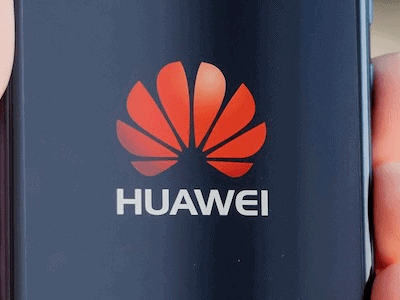Finally Facebook and Skype have shaken hands and soon Facebook users can use Skype for video chat. Another feather in Facebook’s cap!  Facebook continues to delight its users by adding as many interesting, new services as it can. However, I have a different view to share.
Facebook continues to delight its users by adding as many interesting, new services as it can. However, I have a different view to share.
Let us analyze why we use Facebook and what makes it a favorite service or application or both, whatever you would like to define it as. Facbook is primarily a sharing platform. A platform that gives users the freedom to share news, views, emotions, updates, make announcements and a diverse set of personal, group, organisation or country details. A user can share content in the form of text, emoticons, photographs or videos.
Each of the above activities helps to create retrievable content for Facebook that is used to serve online advertisements. So, the greater the number of times my content is viewed, liked, commented on or shared amongst friends, family, professional or other connections, the more dollars Facebook makes. In other words, a user like you and me helps create walls of content that play host to targeted advertisements served by Facebook to earn advertising dollars.
But now consider how this scenario would change with something as disruptive as the Skype video chat application. I believe video chat would be disruptive for Facebook because it would eat up valuable resources and result in low revenue yielding content. Though there is a chat application in Facebook currently, it is not as disruptive as a video chat application has the potential to be. Textual chat has an inherent feature of boredom, so users generally give up after exchanging pleasantries or engaging in a short, focused discussion. But with video chat two users may engage in an extended dialogue, resulting in wastage of ‘productive’ time for Facebook.
This to my mind would present a new challenge for Facebook. While embedding of a video chat application such as Skype was inevitable as the platform grew over a sustained period of time, making productive (advertising) use of the minutes a Facebook user spends on ‘live video chat’ will require new thinking. A video chat will not result in more page hits and impressions, both important measures for advertisers. While it may increase average log in time, that may not result in productive advertising minutes for Facebook.
I would like to observe how Facebook meets this challenge and prevents Skype video chat from becoming a disruptive application for the platform.
Faisal drives new initiates at CMR. Having over 13 years of research and consulting expertise in technology domain, he specifically covers Telecom, IP Technologies, Devices, Electronics, Applications and other emerging technologies.
Faisal completed his Master’s degree in Business Administration, specializing in Marketing and Finance. He also holds a Bachelor’s degree in Business Administration.











